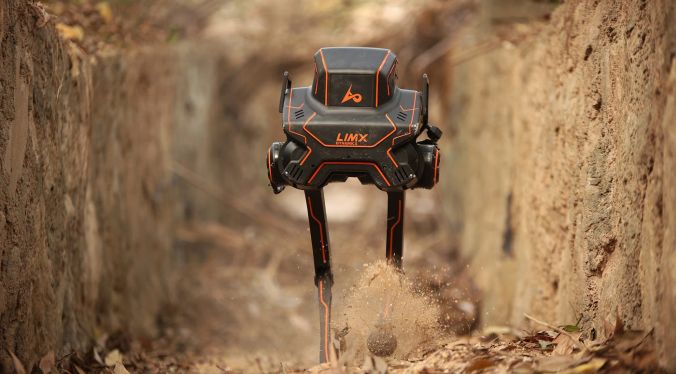TECH NEWS – The latest demonstration of the LimX Dynamics P1 bipedal robot shows how well the machine can respond to human threats and navigate more complex terrain.
For example, it can use reinforcement learning to react to bumpy roads or moving objects. Reinforcement learning is a technique used to train artificial intelligence algorithms. LimX is a robotics company with a humanoid robot, a quadruped robot and a bipedal P1. P1 was tested on Shanghai’s Tanglang Mountain with the aim of testing it in an unpredictable environment, assessing the terrain and incorporating the data into its responses through reinforcement learning.
LimX posted details on Medium. The mountainous environment has no equator or “ground level,” and is the third test of the company’s entire portfolio, having previously tested humanoid and quadruped robots. The latter was tested in October, when the X1 quadruped made its way to a steel mill in southern China. A video of the P1 test was also released: the robot climbed grassy hills, did not fall into ditches, and started walking again after stumbling. It remained stable even after being repeatedly hit on the legs with a stick, and it did not lose stability despite being dragged and kicked. The stick broke when it hit his leg.
LimX did not say how far P1 had traveled, but it did say that reinforcement learning rewards good decisions and punishes bad ones. Machine learning systems differ from AI systems in their reliance on autonomous learning, but they also fall under the umbrella of artificial intelligence, albeit more broadly. The company says it didn’t “feed” P1 with data from the environment, and hopes to equip it with similar technology for its huamoid robot, CL-1, which in December was able to climb stairs and navigate both inside and outside buildings. It received data about stairs and other objects before the successful navigation test.
But P1 might almost be able to counterattack: if it had a weapon mounted on it, who knows how accurate it might be…
Source: WCCFTech, Medium









![[TGA 2025] Star Wars: Galactic Racer Focuses on High-Stakes Podrace Runs [VIDEO]](https://thegeek.games/wp-content/uploads/2025/12/theGeek-Star-Wars-Galactic-Racer-302x180.jpg)








Leave a Reply